According to the University of Utah Asia Campus’ (UAC) most recent Clery Report, released in October 2018, none of its students, faculty or staff have ever reported a sexual assault since the campus opened in September 2014.
Although there are no documented instances of sexual assault, that does not mean it has not occurred or will never occur. As part of a U policy, if students seek help from faculty following a sexual assault, those faculty are required to report it to the Dean of Students. The school has developed a curriculum to instruct students and faculty on how to handle these issues.
The South Korean Penal Code does not contain a definition for “sexual assault,” according to the report published by the Dean of Students office. According to the United Nations’ Global Database on Violence Against Women, the Republic of Korea has not published official national statistics on sexual assault in the country. Although there are definitions about “Rape,” “Like-Rape,” “Quasi-Rape” and “Sexual Intercourse by Abuse of Occupational Authority,” if there is a student who has experienced sexual violence, these definitions don’t capture all forms of sexual violence because South Korean law does not include a definition of consent.
The faculty at UAC are working to create a new system which defines these words and establishes a concrete system through which students can report freely to them.
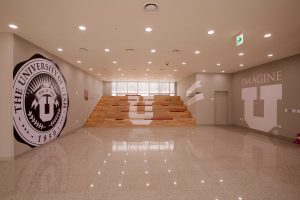
Randall McCrillis, the dean of students at UAC, said he is confident that he is doing everything to keep students from hiding or ignoring the situation if they have been sexually assaulted. McCrillis tries to always keep the door of his office open for students to come talk to him.
“We have a training session with faculties, staff and student leaders to discuss this kind of issue every semester,” McCrillis said.
UAC students must take UGS 1010, “Your Path to a Successful Start,” in their first semester to learn about safety issues including sexual assault, stalking, dating violence and domestic violence. Alcohol and drug use and abuse are also covered during this class on student wellness. Students are informed on how to report violence to the dean of students in this course.
Sahaara Pena, an ambassador of UAC, considers this an important issue.
“As an ambassador, the safety of the students is critical to me because we need to provide a safe environment for everyone,” Pena said. “Sexual assault can happen anywhere, and it’s important to provide an environment where students feel comfortable enough to be able to report these incidents or experiences if they were ever able to happen.”
Pena stated that there is a cultural difference between the United States and South Korea on handling a sexual assault case.
“In America, it is a prevalent topic that is discussed and many campaigns raise awareness to try to help victims of sexual assault and help prevent these issues. However, in Korea, I have noticed that topics like this seem to be discussed a lot less and seem more taboo. There are some posters I have seen to raise awareness, but they are constrained and are not widely shown,” Pena said.
She thinks that although UAC is working to prevent sexual assault, there is room to improve.

“I think there is definitely a system in place to help everyone in UAC be able to report any type of incident,” Pena said. “However, prevention of sexual assault is definitely harder to address. I think having yearly events or campaigns that raise awareness for prevention would be beneficial.”
Kim Jeong Hyun, the president of student government at UAC, said the group is preparing to take a training session on how to handle reports of sexual assault.
“As a president of the UAC student government, I must report to the office of the Dean of Students when one of our students has been sexually assaulted and report it to me,” Kim said. “I want every student at UAC to feel safe while they are studying in here.”
The #MeToo movement didn’t only make waves in the U.S. but also drew attention to sexual assault in other countries, including South Korea. The country notably has one of the highest rates of inequality among developed nations. The Organisation for Economic Co-operation and Development in 2017 listed the wage gap in the country as being 34.6 percent, compared to 18.2 percent in the U.S. South Korea also ranked last in The Economist‘s 2017 glass-ceiling index, meaning it has the worst environment for working women among developed countries.
President Moon Jae-in said in a meeting with his advisers on Feb. 26, 2018, the country “cannot solve [sexual assault] through laws alone, and need to change our culture and attitude.”
Hong YaeEun, an event director for the UAC student government, said they will host “an official session” to discuss sexual assault after UAC students express their opinion on it at the student government’s town hall meeting.
The Dean of Students office said it expects sexual assault will not become a problem at UAC as long as the community sets a strict standard for themselves as they have so far about handling issues of violence, including sexual assault.








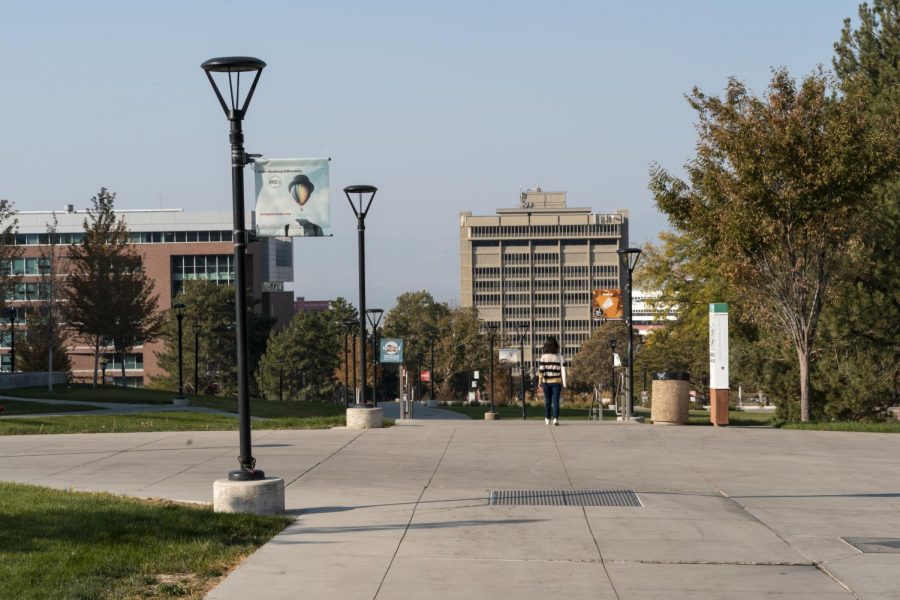
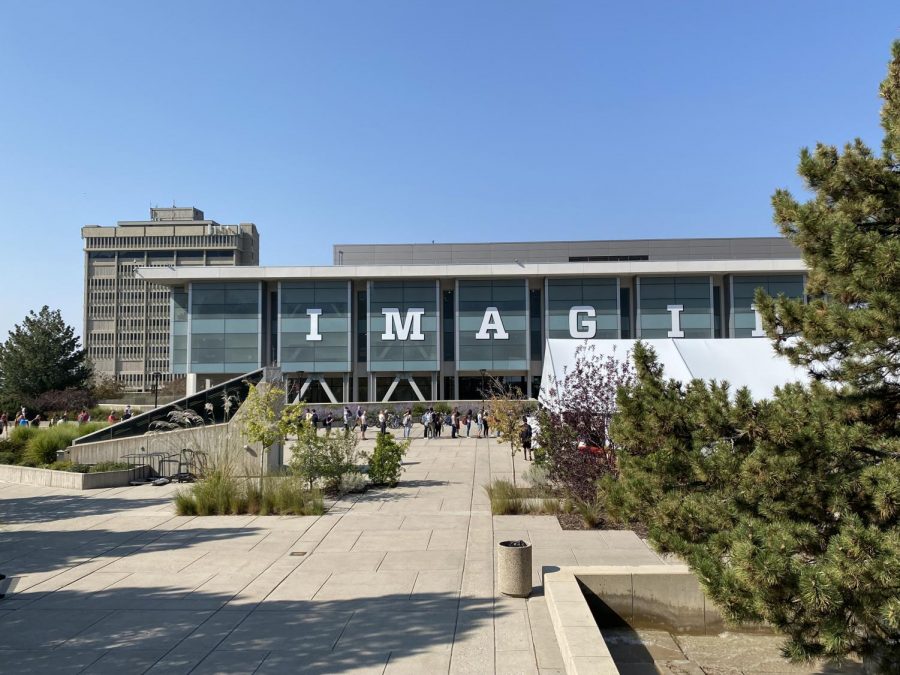
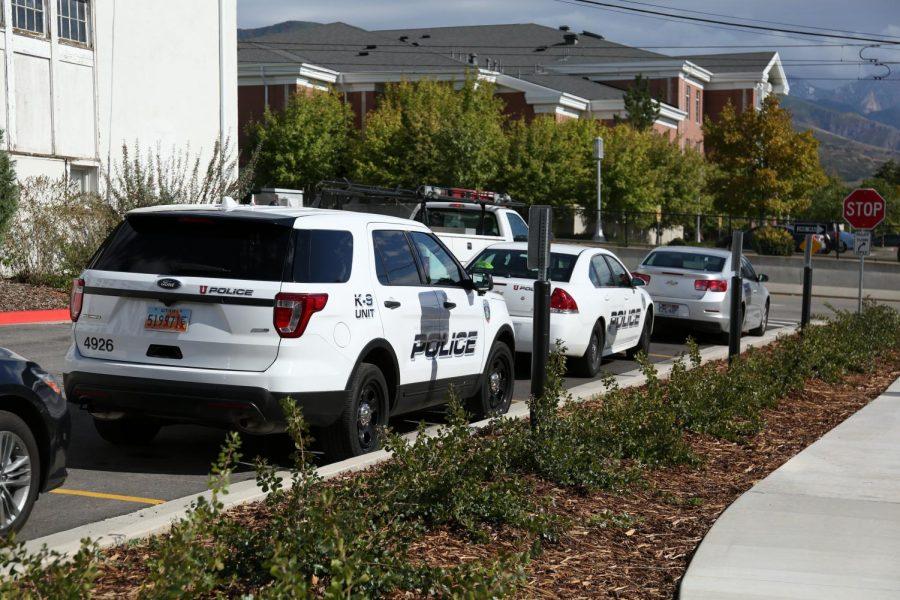
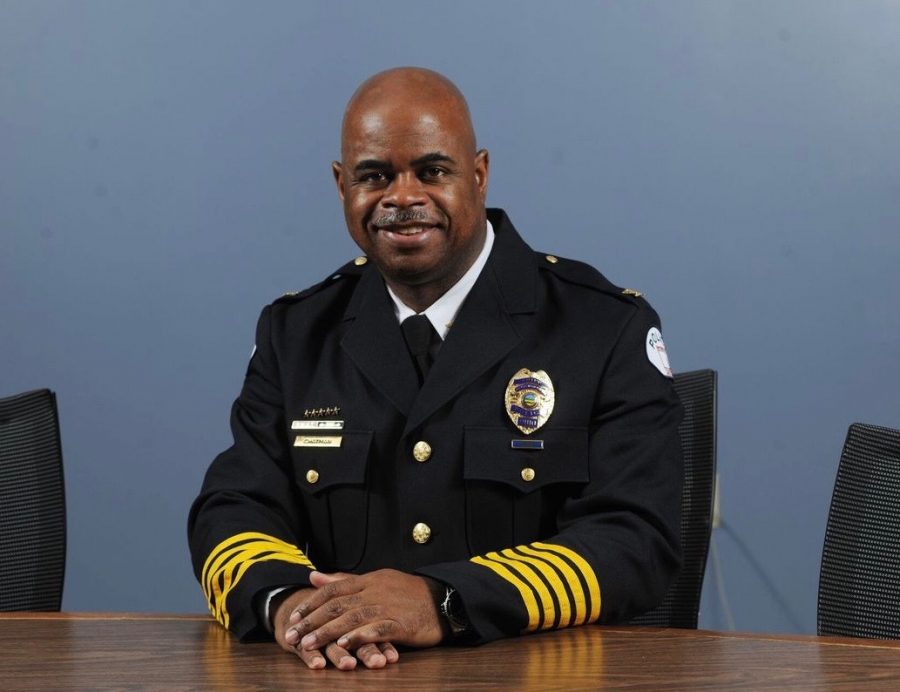






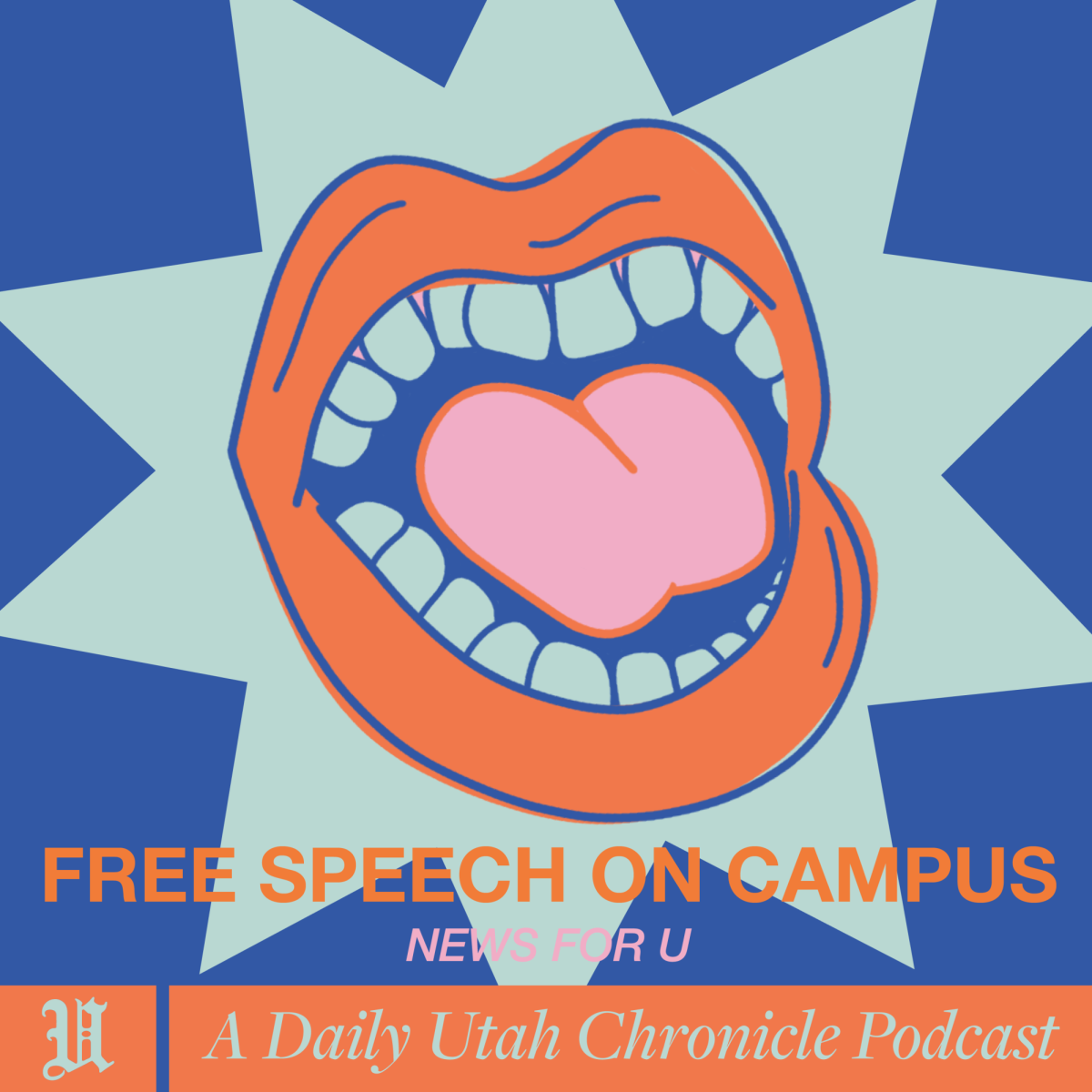

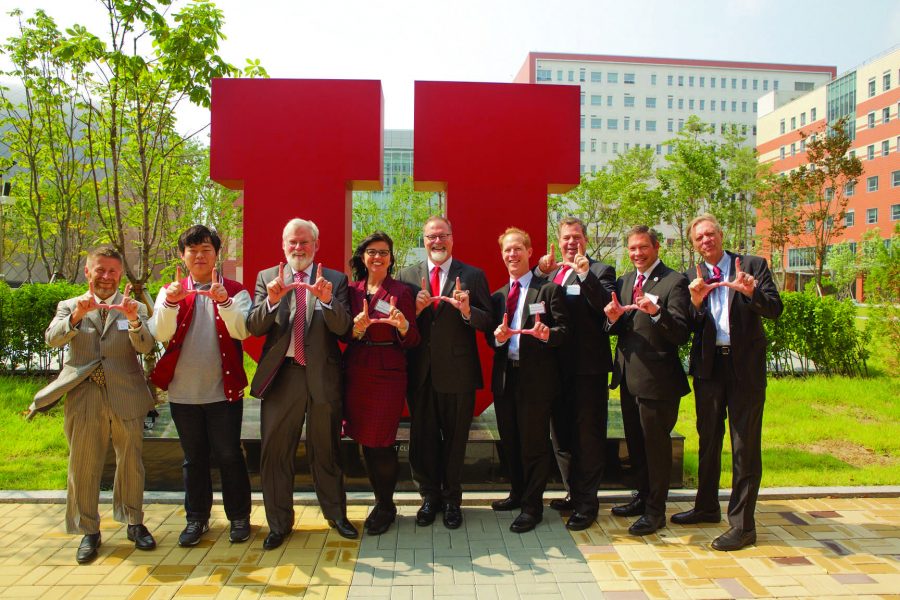
Subash Alias • Mar 9, 2019 at 9:37 am
Great story Mitch! Nicely done!